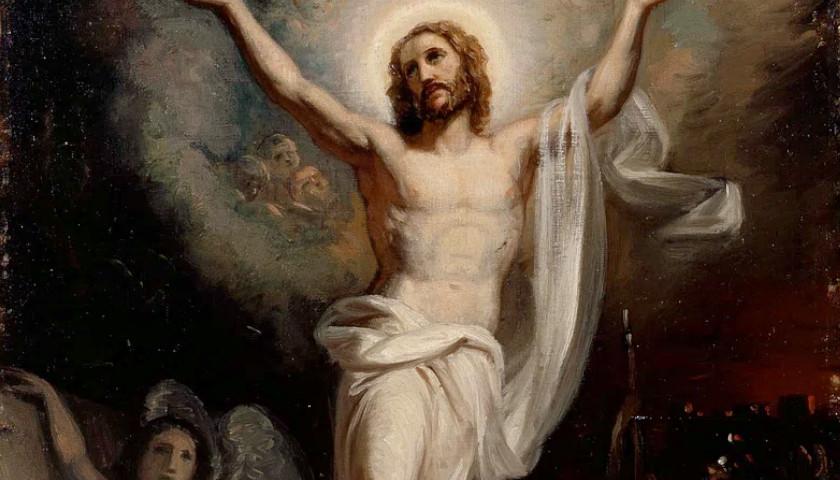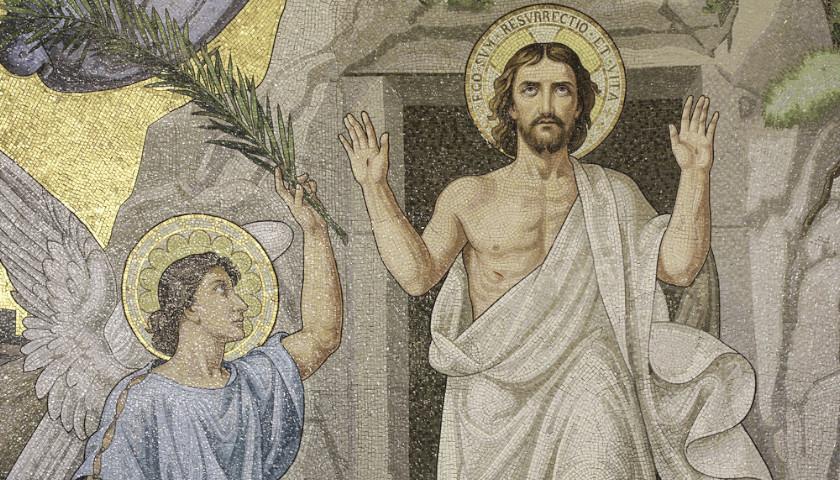by Kurt Mahlburg
Ash Wednesday is—oddly perhaps—a day I have long associated with bushfires, better known in the American hemisphere as wildfires.
I come from the Adelaide Hills in South Australia, where on Ash Wednesday in 1983, catastrophic bushfires, driven by 70-mph winds and fueled by years of drought-ravaged eucalyptus forest, tragically claimed 28 lives. In the neighboring state of Victoria, even more lives were lost under similar conditions. In total, 75 Australians perished and 3,000 homes were destroyed in what were the nation’s deadliest bushfires up to that point.
My mother has recounted to us on many occasions the events of that hot and hazy day. Thirty-eight weeks pregnant with my older sister at the time, she watched flames lick distant hilltops as she and my dad hosed down our house in an effort to save the family home from oncoming disaster.
Mercifully, the wind changed soon afterwards and the fires stayed away from our property.
For me, the specter of bushfires—an ever-present threat during Australian summers—has therefore enjoyed a stronger association with Ash Wednesday than foreheads marked with ashen crosses and other penitential preparations for the season of Lent.
But Ash Wednesday matters. And it has a long history.
The Old Testament speaks frequently of ash as a symbol of mourning and penitence over sin (Job 42:6, Jeremiah 6:26, Daniel 9:3). In the first few centuries of the church, the practice of public penance—in which believers confessed their sins and received ashes on their forehead from a priest—became commonplace. By the time of Saint Gregory the Great (c. 540–604), the practice of using ashes to mark the beginning of Lent was firmly established.
Lent itself goes back to at least the fourth century, probably soon after the Council of Nicaea. While the timing and specific rituals of the season varied by region throughout Europe, for well over a millennium, Lent has been observed as the 40-day period leading up to Easter. It is a time when Christians fast, reflect on and repent of their sins, draw near to God, and prepare their hearts for Passiontide, which is the last two weeks of Lent including Holy Week, during which Jesus Christ suffered and died “to reconcile to himself all things, whether things on earth or things in heaven, by making peace through his blood, shed on the cross,” according to Colossians 1:20.
Ash Wednesday is the day that marks the beginning of Lent. On this day, ashes (which are generally derived from the burning of palm branches from the previous year’s Palm Sunday) are applied to the foreheads of the faithful in the shape of the cross, as the minister or priest declares, “Remember that you are dust, and to dust you shall return.” The ashes are a tangible reminder of human mortality and the transient nature of life.
I must confess that as a low-church Protestant, many of the specifics surrounding Lent have not been a big part of my Christian expression (fasting especially), even though Easter itself is rich in meaning for me. Though, as I noted when writing about Advent, I have recently been on a journey of discovery, gaining a newfound respect for the rich and layered traditions that have for so long kept our civilization grounded and sane.
Yet even in my own, rather obscure, childhood associations with Ash Wednesday, there is an important lesson to be learnt.
We mortals are dust and will soon return to dust. Our lives could be snuffed out instantly, if not in a bushfire then in any number of other tragic circumstances. Yet if our lives are fragile and contingent, they are also deeply precious and valuable, each of us having been made in the image of God.
The Christian gospel states that what Jesus Christ accomplished on our behalf during Holy Week—in anticipation of which we prepare our hearts during the season of Lent—was to spare us from the fire of divine judgment and give us a new life with God that defies our mortal limitations and endures forever.
That’s what I will be reflecting on this Ash Wednesday.
– – –
Kurt Mahlburg is an emerging Australian voice on culture and the Christian faith. He has a passion for both the philosophical and the personal, drawing on his background as a graduate architect, a primary school teacher, a missionary, and a young adults pastor. Since 2018, Kurt has been the Research and Features Editor at the Canberra Declaration. He is also a freelance writer and a regular contributor at Mercator, the Spectator Australia, Caldron Pool, and Intellectual Takeout. He is married to Angie, who hails from Milwaukee, Wisconsin.








